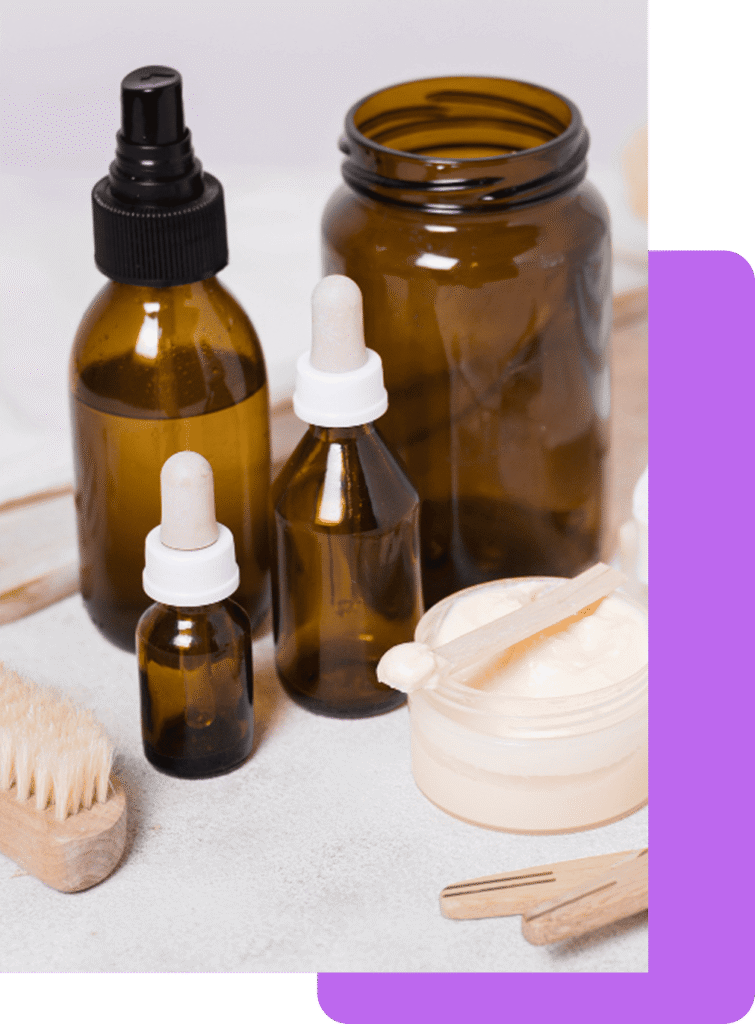Safety Data Sheet for Cosmetics in Brazil
In Brazil, the Safety Data Sheet (SDS) is mandatory for cosmetic manufacturers and importers. At Sobel, we prepare compliant Safety Data Sheets for Cosmetics (Brazil), aligned with NBR 14725:2023 and Anvisa requirements.
- Cosmetic manufacturers launching new formulas in Brazil.
- Importers introducing cosmetic products into the Brazilian market.
- Regulatory teams updating or correcting existing documentation.
- International brands seeking compliance with Anvisa and NBR 14725:2023.

At Sobel, we prepare Safety Data Sheets for Cosmetics in Brazil that meet Anvisa requirements and align with the latest Brazilian standards.

Why do you need this service?
Compliance with Anvisa Safety Data Sheet requirements is not optional—without a proper SDS, your product may face delays or restrictions in the market.
A well-structured SDS ensures transparency during inspections and supports cosmetic registration, importation, and post-market obligations.
Our team reviews ingredient data, verifies safety classifications, and delivers clear documentation that aligns with Brazil’s regulatory framework.
Your pathway to compliance
Brazil’s SDS framework is defined by ABNT NBR 14725:2023, aligned with the Globally Harmonized System (GHS).
Sobel translates these requirements into practical steps, ensuring your SDS follows the official format, sections, and terminology expected by Brazilian authorities.
With Sobel’s expertise, companies gain reliable, regulation-aligned SDS documentation.
Related
Services
Our consultants create SDS files that meet Brazilian regulatory expectations—reducing risks, saving time, and keeping your products compliant.
But you can expand your compliance journey with these services:
Anvisa Gap Analysis
Identify gaps in documents to improve compliance before registration or notification.
Registration and Notification
We support Anvisa registration and notification processes for manufacturers and importers.
Cosmetic Registration and Notification Updates
Keep your cosmetics compliant in Brazil. We handle Anvisa updates for you.
Your cosmetic SDS, fully compliant
From new formulas to updates of existing products, our team ensures your documentation is accurate, complete, and aligned with Brazilian standards.
With Sobel, you gain a partner who understands both the technical and regulatory dimensions of SDS preparation. Start now!
1. What is a Safety Data Sheet (SDS) for cosmetics?
An SDS is a standardized document that provides essential information on safety, health, and environmental aspects of a cosmetic product and its ingredients. In Brazil, it must follow the structure defined by NBR 14725:2023, aligned with the Globally Harmonized System (GHS).
2. Is an SDS mandatory for cosmetics in Brazil?
Yes. Cosmetic manufacturers and importers must have an SDS available as part of their regulatory documentation. It is often requested during inspections, audits, and for compliance with Anvisa requirements.
3. What information must an SDS include under NBR 14725:2023?
It must cover standardized sections such as product identification, composition, hazard classification, handling and storage, exposure control and more. By working with Sobel, your company can rely on a complete and compliant SDS prepared according to NBR 14725:2023.
4. Who is responsible for preparing the SDS?
The company that manufactures or imports the cosmetic is responsible for providing a compliant SDS. Many companies rely on specialized consultants like Sobel to prepare documents according to Brazilian standards.
5. What happens if a cosmetic company does not have a compliant SDS?
Lack of an SDS or submission of an incomplete one can lead to regulatory non-conformities, product delays, or even restrictions in commercialization during Anvisa inspections.

